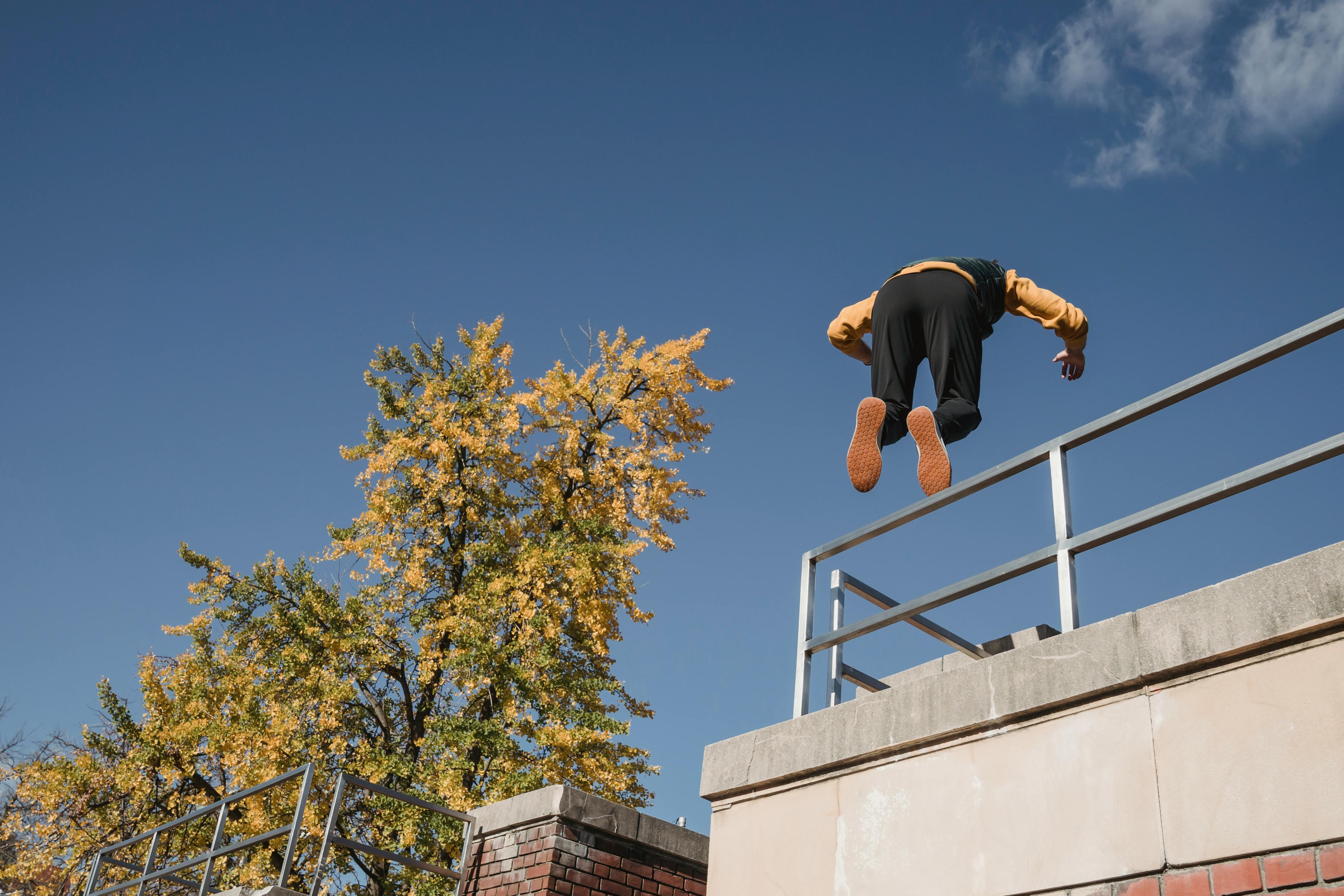Nutrition is undoubtedly one of the most overlooked aspects of any triathlon training program. We tend to focus so much on conditioning and not fully optimizing our training. We’ve all heard the saying “work smarter, not harder.” Well, to a certain extent, that saying can be applied to your training program. We can tell ourselves “I burn X amount of calories a day, I can eat what I want when I want” or “I need to eat less to lose weight for my event.” Both may be true in some ways, but without the proper structure, these thoughts can prevent you from getting the most out of your training.
As a result of your training, you may in fact be able to load your body with a lot of calories throughout the day. If you’re preparing for an Ironman triathlon, chances are you’ll be burning 2 to 5,000 calories a day or more during training. And, yes, you have room for a lot of consumption. However, how, when and what you eat can make a difference in training results.
If you’re going to load up on empty calories, ie junk food and the like, do it earlier in the day. Training has a snowball effect, the more you train your body, the more calories you burn in a sedimentary state. This means that the further you go through your workout, the more calories your body will be able to burn just doing daily activities. However, as your day slows down and your body prepares to rest, your calorie burn will also slow down. So load up, or eat heavier for the first part of the day and taper off as the day progresses and try to avoid large meals, especially at night. Little Debbies in the morning can be burned; Little Debbie at 10 pm will probably sleep with you all night and still be there in the morning.
Please note that I will not go into detail about the idea of 5-6 smaller meals throughout the day instead of 2-3 large meals because entire books are written on this subject alone. However, it is a great concept if it can be incorporated into your lifestyle and has tremendous benefits. At the very least, try to incorporate healthy snacks between meals to keep your metabolism high and adequate fuel throughout the day.
Study after study has shown that for maximum weight loss it is best to exercise on an empty stomach. Simply put, your body will search for the fuel it needs, and with nothing immediately available, it will turn to stored fat for fuel. This is fine, we are all looking for less fat and more lean muscle mass, however with just a little bit of proper nutrition in your stomach for immediate availability, you will actually be able to perform better during your workout. Maybe try a small, healthy 100-200 calorie snack before your workout and then a sensible snack or meal afterwards to recover. The result is better performance and better gain from the training session.
Along those same lines, it’s very important for endurance athletes to understand good fat vs. bad fat As mentioned, our bodies will seek out stored fat to use as fuel during training. We are asking a lot of our bodies and it is important to keep this supply stored for our bodies as we go through these rigorous activities. Learn to understand good fuel: more nuts, olive oil, salmon, peanut butter on the bagel, oily fish, and less fried foods, saturated fat, bacon, butter, etc., etc.
Learn to control how and when calories are eaten. A long day at work and/or triathlon training can result in a lot of hunger at the end of the day. Try to load up earlier in the day to avoid the urge to go to the pantry late at night. Chances are, you’re not reaching for that healthy snack you convinced yourself to eat at night. If you do, great, but that willpower has to stay strong. Heavier during the first part of the day and tapers off as the day progresses maintaining a steady flow of fuel for your calorie burning machine. Keep fuel available for your workouts for maximum benefit. Exercising on an empty stomach can lead to early exhaustion and poor performance. Right now, you need to get the most bang for your buck during training.
To lose weight, focus on a deficit of 1 to 300 calories throughout the day. No crash diets, just sensible weight loss that results from burning just a few more calories than you take in. It’s pretty simple math. And the earlier you put those calories in the day, the better.
You committed to completing a triathlon, give your body the best available opportunity to deliver on that commitment. It’s not just about fitness when it comes to training. Providing proper nutrition will provide greater efficiency and allow you to fully optimize your training sessions. Give your body what it needs and it will be there for you when you need it most. Stay focused, train hard and train smart.
